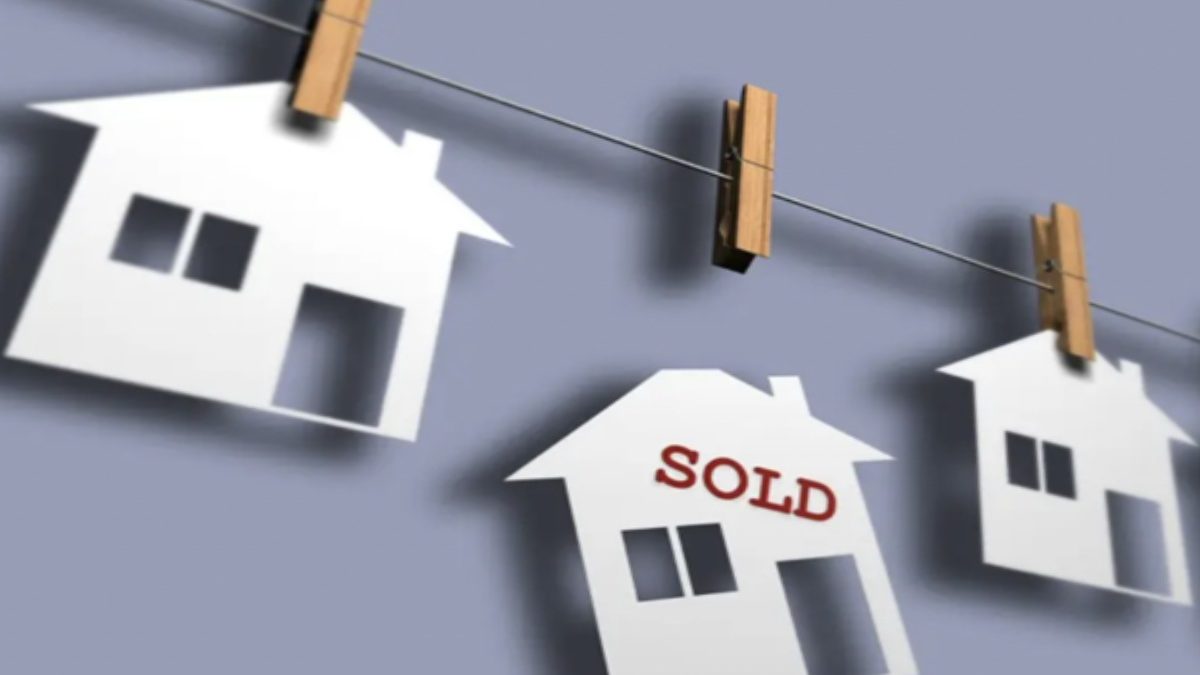Starting a property business can be a lucrative venture, but it’s essential to understand the initial financial investments required for a successful launch. Open Property Group help property experts and the general public sell their properties whether they’re looking to sell flats with a short lease, problem properties or those looking to sell a probate property. In this article they look into the property industry and provide industry must-know tips whether you’re considering property development, rental investments, or property flipping, having a clear understanding of your startup costs is crucial. In this article, we’ll break down the essential aspects of starting a property business and discuss the financial considerations involved.
Table of Contents
1. Business Planning and Research
The first step in any successful property venture is comprehensive research and business planning. Understanding your target market, local property trends, and potential risks is vital. While this step doesn’t require a significant financial investment, it’s essential for making informed decisions later on.
2. Legal and Licensing Fees
Setting up a property business involves legal requirements and licensing fees. You’ll need to register your business, obtain necessary permits, and potentially join professional associations related to real estate. These costs can vary widely depending on your location and the type of property business you’re starting.
3. Property Purchase or Rental Costs
The most significant investment in a property business often goes into purchasing or renting properties. The amount you need will depend on the property market in your area and the type of properties you’re interested in. Property development businesses will require substantial capital for purchasing land and construction, while rental businesses will need funds for security deposits and initial renovations.
4. Renovations and Repairs
Unless you’re investing in brand-new properties, budgeting for renovations and repairs is crucial. Properties might need cosmetic upgrades or significant repairs to increase their value or make them suitable for tenants. Calculate the costs of these improvements, factoring in materials, labour, and unexpected expenses.
5. Marketing and Advertising
To attract clients or tenants, you’ll need a marketing budget. This could include creating a professional website, social media advertising, printed materials, and property listings. Effective marketing is essential for reaching potential buyers or tenants and establishing your brand in the market.
6. Property Management Tools
If you’re planning to rent out properties, investing in property management software or hiring a property management company might be necessary. These tools can help streamline rental processes, track payments, and handle tenant communication efficiently.
7. Operating Expenses
Operating expenses include ongoing costs such as utilities, property taxes, insurance, and maintenance. These expenses are continuous and must be factored into your budget to ensure the profitability of your property business.
8. Emergency Fund
Lastly, having an emergency fund is essential. Unexpected expenses can arise, such as urgent repairs or economic downturns affecting property values. Having a financial safety net ensures you can navigate challenges without jeopardising your business.
In conclusion, starting a property business requires a substantial initial investment. It’s crucial to conduct thorough research, create a detailed business plan, and budget carefully. By understanding and planning for these costs, you can embark on your property business journey with confidence, knowing that you have the financial foundation for success.


